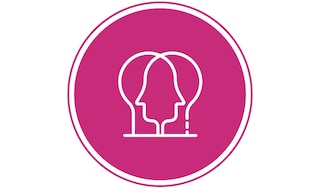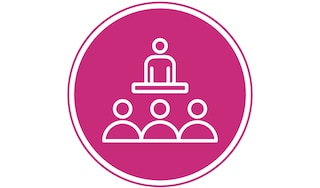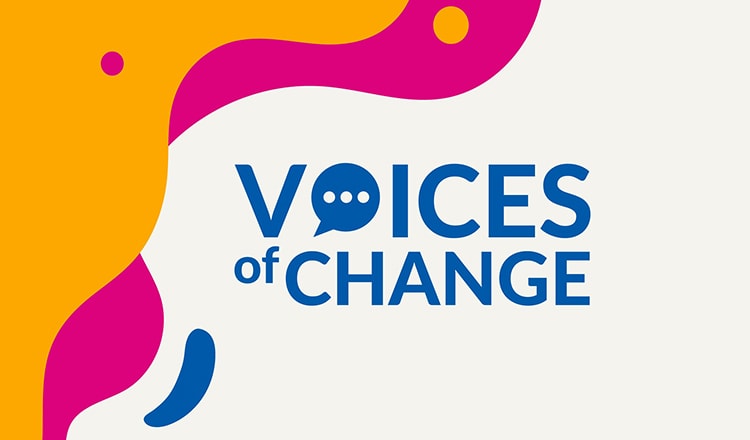The unwritten rule of the past may have been to work hard and stay late to earn a promotion. But the world has changed, and success in a career now requires a more nuanced, flexible, and collaborative approach.
And remember, career progression can come in many forms, from “vertical” promotions to “horizontal” expansions of responsibilities within the same role.
So, how do you advance your career in a fragile, post-pandemic global market? Here are my seven tips to get your career moving forward—no matter what stage you are at.
Bayan Adamova,
Head of Business Development, Philip Morris Kazakhstan
Remember that it’s a learning journey
And a long, tough road if you’re only thinking about getting to the top. To really know what you want, try to experience different departments, functions, and roles. Keeping an open mind about sideways moves allows you to seize the right opportunities when they arise, and you’ll often find that you are good at something you didn’t anticipate.
I’ve been with the company for more than 20 years: I started as an admin clerk and wasn’t clear on what career path I wanted to pursue. But this is perfectly normal, as it takes time to figure things out. Through learning, you get to know what you’re good at, what you want to do, and what you don’t.
Ask the right people for feedback
There’s feedback, and there’s beneficial feedback. Be selective and ask yourself: Is this persons’ “bit of advice” really helping me grow? Identify those with useful business knowledge, and actively reach out to leaders, not mere managers, as their feedback will be crucial in your development.
Recognize “imposter syndrome” and dissolve it with reason and meditation
You may never get rid of that nagging voice in your head saying, “they don’t think you’ve got what it takes.” But learn to recognize it, and then get on with adding value to your company. Focus on the here and now and assess if what you are doing is relevant, meaningful, and useful to the business. If you struggle to find a convincing answer, get feedback from a friend, colleague, or manager.
Make room for yourself—and your ideas—to fail.
It’s tough getting things wrong, of course. But you’ll learn more for next time, and you can start a conversation about how to improve the process.
Value how much your people skills benefit your team
I started my career in human resources, because I had an innate ability to communicate with people effectively. Training and influencing colleagues and peers come as second nature to me.
Be savvy about professional relationships, but don’t get distracted by “office politics,” so you can focus on results
Understanding what does and does not work in the many professional relationships around certainly helps achieve better results. But that’s very different from destructive “office politics,” when staff gossip behind each other’s backs, and manipulate situations for their own benefit. This helps no one, and, if unchallenged, can create a toxic and demoralizing atmosphere that harms individuals and the work of the team.
Make plans, but be ready to adapt them as you go.
Set clear objectives with your supervisor. Write down your goals, especially when you’re young. I had a long-term career plan 20 years ago, and I’m still tweaking it, because navigating the complexity of my business area is a job in itself. Don’t get discouraged if things don’t go your way the first time—learn from them, so that tomorrow you can do better.


















